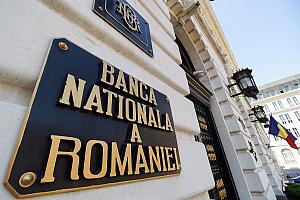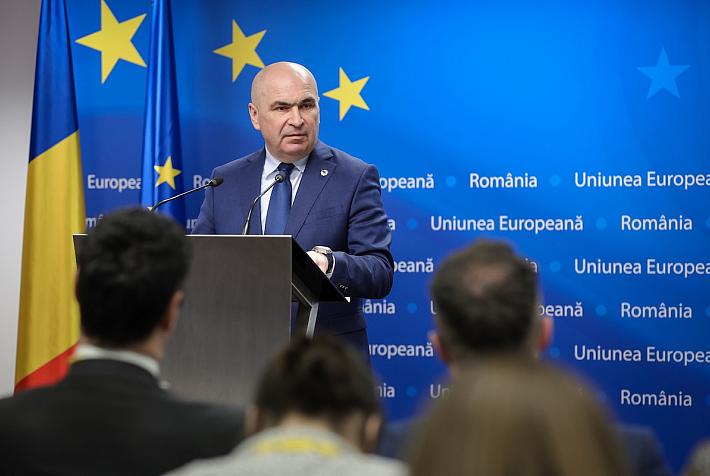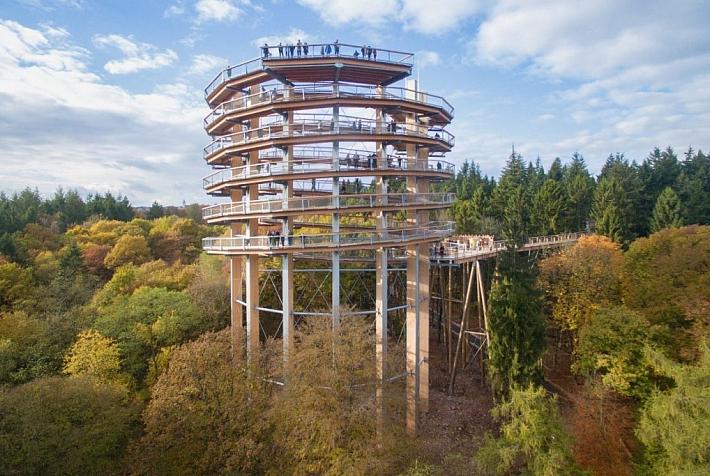Romania's central bank revises inflation forecast and puts further rate cuts on hold

The National Bank of Romania (BNR) revised upward the inflation projection under the updated Inflation Report to 4.9% at the end of 2024 from 4.0% and to 3.5% at the end of 2025 from 3.4% – adding that this trajectory doesn't include the effects of the fiscal and budgetary correction that the government will operate at the beginning of 2025.
The report reads that the balance of risks to the future evolution of the annual inflation rate (chart) is assessed to remain tilted to the upside. The baseline scenario is built on the principle that fiscal measures are included in it only after their enactment into law or at least once they are due for enactment.
"Uncertainties continue to surround the economic impact of multiple and persistent geopolitical conflicts, as well as the future configuration of the fiscal consolidation package."
BNR governor Mugur Isărescu invoked the fiscal and external deficits that are around 8% of GDP and have to be adjusted. Some strategies, such as hiking the VAT rate, have a direct impact on inflation, he explained.
"We expect a coherent correction program. It means adapting domestic consumption to the level of production," said Isărescu.
The monetary policy rate, at 6.5% at this moment, will be cut when the inflation is decreasing "in a sustainable manner," the BNR governor stated.
In the short term, inflation is expected to rise, driven by food prices, as the effects of the adverse weather are more visible in Romania compared to other countries in Europe, he added.
The BNR's monetary policy already became more restrictive after the inflation rate decreased in recent months, from 5.4% in July to 4.6% in September, argued Isărescu, who claims that the BNR's policy was countercyclical, while that "fiscal policy was rather expansive."
The incomes (wages) have a visible impact on inflation and on the loan interest rates, the BNR governor stated as well.
"Consumer loans are correlated with income growth. Because otherwise we have no way to explain these developments at high interest rates of consumer credit. Quite active increases in consumer credit," said Isărescu.
iulian@romania-insider.com
(Photo source: Inquam Photos/George Calin)













